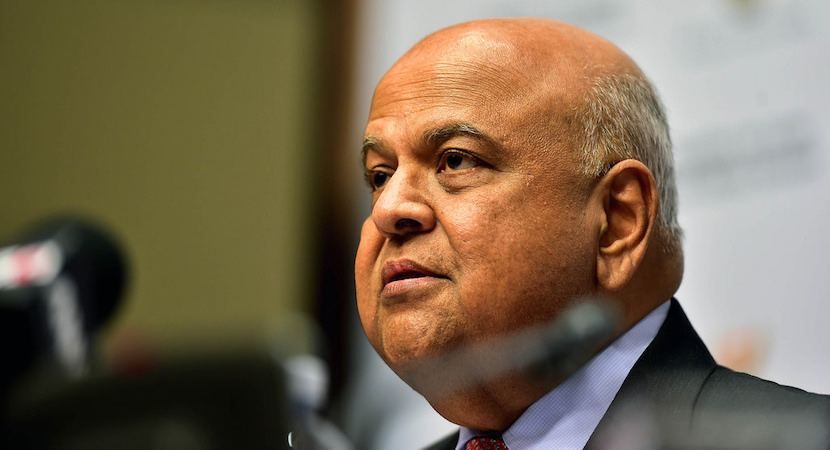THEBE MABANGA
Government would like to stabilise State Owned Enterprises (SOEs) to a point where they pay dividends to the fiscus while the Department of Public Enterprises has developed a range of new indicators to measure performance, including an Independent Board Performance Index, which set board a minimum target of 80% performance over the next five years.
The department, led by deputy minister Phumulo Masualle and acting Director-General Kgathatso Tlhakudi, briefed the Portfolio Committee on Public Enterprises and the Select Committee on Public Accounts and Communications on the Department’s current performance and its five year strategic plan.
The committees took exception to the absence of Minister Pravin Gordhan, who over the past month appeared in front of these committees to brief them about Eskom, SAA and Transnet as well as the Standing Committee on Public Accounts.
Masualle competently stood in for Gordhan, telling MPs that the department is assessing the changed environment in which SOEs are operating due to the COVID-19 pandemic.
He noted that aviation is the most impacted by the crisis, as all operations have ceased but noted that the department is engaged in addressing governance challenges across the SOEs under its watch including Denel, which is currently unable to pay salaries, diamond miner Alexkor currently under administration and forestry company Safcol, which remains profitable but has been subject to state capture and corruption allegations.
Tlhakudi told the committee that the next five years are about stabilising SOE finances while addressing adverse audit finding and return them to a point where they pay dividends, something that has not happened in the past seven years.
An earlier hearing in February established that of all the SOEs under DPEs watch, only Safcol was profitable.
A new board effectiveness indicator requires board to reach a minimum 80% performance or face consequences.
There are also new or refined indicators in areas such as procurement spending on SMMEs by SOEs, which must equal to 3% of Net Profit after Tax and a new requirement to graduate SMMEs from supplier development programmes to being actual suppliers. There are also new performance indicators in the measurement of financial sustainability, improved operational efficiency as well as climate change, including the transition to a low carbon economy.
Democratic Alliance Galeb Cachalia epitomised the committee’s scepticism when he noted that the latest review plan is the most comprehensive, they have seen but questioned the capacity to implement the plan properly.
Economic Freedom Fighter MP Omphile Maotwe criticised the department’s strategic plan as not being sufficiently in line with National Development Plan’s goal of industrialising the South African economy. The claim was rejected by Tlhakudi and seemed at odds with the departments view for although not prominent, the goal of industrialisation is listed as the first strategic objectives under the department’s programmes.
The presentation did not address the progress on review of public enterprises to assess which ones are to be kept and which ones disposed of.
When asked, Tlhakudi noted that SOEs across departments are continuously reviewed and if found to have satisfied can be reconfigured, disposed of, or folded. He did not offer any examples.
Nor could Tlhakudi answer why SOEs did not belong to their line departments such as Denel to Department of Defence, SAA to the department of transport and Eskom to energy.
This view was for many years propagated by the late Inkatha Freedom Party MP Mario Ambrosini.
The department of Public Enterprises does not have a constitutional mandate but is rather assigned. One reason given for its retention is that it has developed the capabilities and expertise to oversee financial performance and governance since being reconfigured in 1999. These would be lost if decentralised to departments.
The Departments budget is set to decrease by over two thirds in the next three years from R56.9 billion in 2019/20 to R2.1 billion in 2022/23.
This is due to significant additional allocations made to state‐owned companies in 2019/20. In the 2019/2020 financial year a total of R56.6 billion was transferred to state owned entities for debt and interest servicing costs.
This amount falls to R 37.5 billion in the 2020/2021 financial year before plunging to R 4.3 billion and R1.7 billion, likely because transfers come directly from Treasury.
(Compiled by Inside Politics staff)



